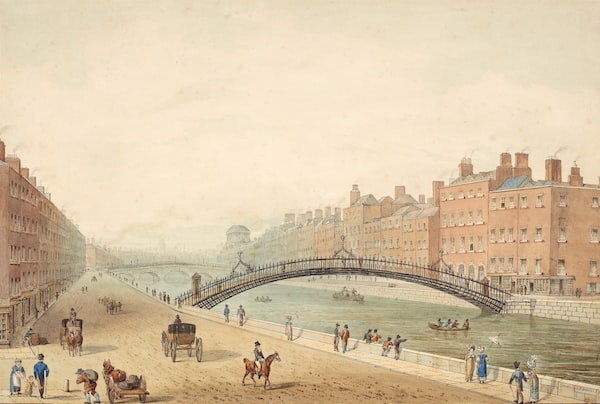The Evolution of Human Intelligence
The average human today is more intelligent than their ancestors. This is because of the evolution of human intelligence. Over time, humans have developed higher intelligence through natural selection. Humans once hunted and gathered, and now learners can achieve, for example, a master’s degree in curriculum and instruction online to learn leadership skills and get their teaching license to achieve their professional goals. This has led to humans being able to adapt to their environment and create new technologies. Keep reading to learn more about the evolution of human intelligence!
The 15th and 16th Centuries

Human intelligence in the 15th and 16th centuries was a time of great discovery, and you can learn about your specific ancestors’ intelligence at the ancestry DNA store via genetic testing and a DNA kit. Many new inventions and technologies were developed, and humans began to understand their world in a whole new way.
In the 15th century, Johannes Gutenberg invented the printing press, which allowed for the mass production of books. This led to a rise in literacy and the spread of knowledge. Inventions like the telescope and the microscope allowed for greater exploration of the natural world, and scientists like Copernicus and Galileo began to develop new theories about the universe. In the 16th century, humans began to explore the world beyond their own planet. Francis Bacon wrote about the scientific method, which laid the groundwork for the modern scientific era. Meanwhile, explorers like Magellan and Columbus discovered new continents and opened up new trade routes.
The 17th and 18th Centuries
In the seventeenth century, thinkers like René Descartes and Gottfried Wilhelm Leibniz were preoccupied with the nature of human intelligence. How could we humans understand the world around us? How could we reason and solve problems? One approach was to try to find the root of human intelligence in the natural world. For example, Descartes argued that the human mind worked like a computer, processing information in a step-by-step way. Leibniz, on the other hand, believed that the human mind was capable of creating its own concepts, or ideas, from scratch.
In the eighteenth century, thinkers like Jean-Jacques Rousseau and Immanuel Kant were interested in the question of how we come to know anything at all. For Rousseau, the answer was that human beings are naturally good and that our knowledge comes from our experiences in the world. Kant, on the other hand, argued that our knowledge is limited by the structure of our minds. We can never know the world as it is in itself, but only as it appears to us.
The 19th and 20th Centuries
Human intelligence has come a long way in the past two centuries. We have gone from relying on intuition and gut feelings to using reason and logic to make our decisions. In the 19th century, there was a lot of debate about what intelligence actually was. Some people believed that it was a fixed trait, while others believed that it could be improved with practice. In the early 20th century, intelligence testing became popular. This helped to shed some light on what intelligence actually was. Intelligence could now be measured and quantified. The study of intelligence continued to progress in the 20th century. We learned about the different types of intelligence, and we developed new ways to measure it.
The 21st Century
What does it mean to be intelligent in the 21st century? And how can we measure human intelligence in the age of automation and artificial intelligence? One of the biggest challenges we face today is that we’re trying to define intelligence in a time when our understanding of what it means to be human is changing. In an age of artificial intelligence and automation, what does it mean to be smart? What does it mean to be intelligent?
We’ve long associated intelligence with things like logic, problem-solving, and the ability to learn. But in an age of machines that can do all of those things better than humans, what else is required for intelligence? Some experts believe that in order to be truly intelligent, we must also be creative and emotionally intelligent. We need to be able to think outside the box, come up with new ideas, and understand and respond to the emotions of others. And as machines get better and better at replicating human abilities, it’s becoming increasingly important for humans to develop new skills and abilities. We need to be able to work together with machines, to create and innovate in a world where machines are doing more and more of the work.
Overall, this guide discusses the evolutionary history of human intelligence. It argues that human intelligence has evolved over time and that it is important for understanding human behavior. It provides a comprehensive overview of the evolution of human intelligence and its importance for understanding human behavior.
